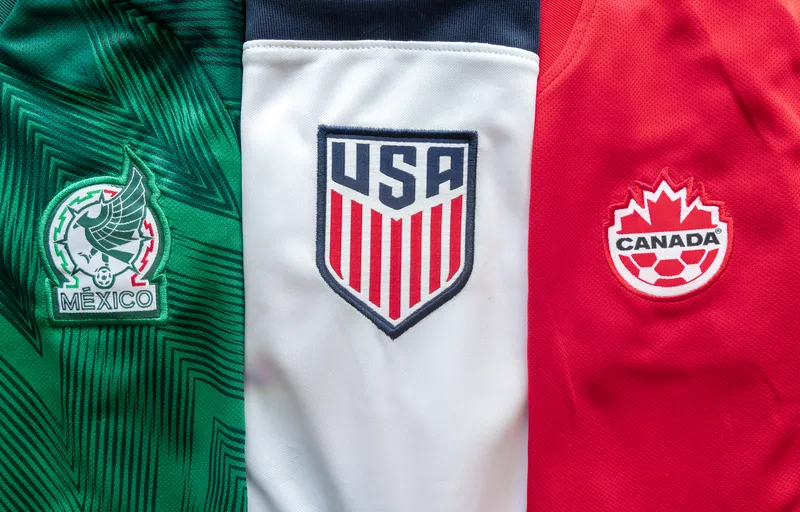
The Fifa 2026 World Cup is hitting the US - as well as Canada and Mexico - next year, and with it will come road traffic and mass transit issues as vast crowds of supporters from all over the world descend on cities to watch matches.
ITS America has convened a challenge - along with the 11 US host regions - which asks private sector technology firms to identify the potential problems and pitch solutions for them for games taking place between 11 June and 19 July 2026.
The submission deadline has been extended to 18 March - find out more here and submit your entry.
Among the key challenges will be:
- Providing real-time, multilingual information to help visitors and travellers navigate the region
- Providing accurate, real-time accessible navigation guidance to persons with mobility impairments or constraints
- Integrating trip planning, routing and payment systems across a diversity of travel modes and service operators
- Efficient and effective management of taxi and ride-hail operations at the kerb and in staging areas
The regions are: Seattle, Los Angeles and the San Francisco Bay Area on the west coast; Houston, Dallas and Kansas City in the central region; and Miami, Atlanta, Philadelphia, New York/New Jersey and Boston along the eastern seaboard.
Contact [email protected] with any questions.








